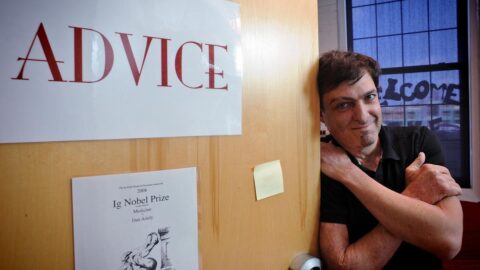What is a Behavioral Interview?
Behavioral questions are questions that employers use to understand how your previous experiences and responses can help predict how you might respond to a similar situation in the future.
Examples of Behavioral Questions
Here are some examples of behavioral questions. Give me an example of a time when you:
- Communicated to a large audience
- Solved a difficult problem
- Persuaded a group to do something they opposed
- Overcame a difficult obstacle
- Took a risk and failed
- Demonstrated leadership skills
- Served as a member of a team
- Planned an event or program
Use the BAR & STAR Technique
BAR (Background, Action, Result) and STAR (Situation, Task, Action, Result), are both techniques that you can use to describe powerful, relevant, and detailed behaviors demonstrating top characteristics.
When practicing these techniques, follow the leading questions below to craft a strong response:
Background
What was the specific job or activity you (and/or group) were to accomplish, or what problem were you solving?
Who was involved? Where and when did this occur?
Example: During my time as a front desk assistant with Carolina Campus Recreation, my main responsibility was to create a welcoming environment while adhering to all safety guidelines. Customer services was top priority.
Action
What steps did you (and/or team) take to complete the job or solve the problem?
How did you (and/or others) go about completing the steps?
How did you involve or manage others during the process?
Why did you take these steps? Did you consider alternatives and what were they?
Example: Every day I interacted with 250+ patrons, including students, faculty, and community members. I asked for their feedback on the most popular exercises, how long they had lived in the community, and how they could best be served by staff.
Results & Positive Outcomes
Did you accomplish the job the way it was originally defined? Were deliverables used? Was the result an improvement?
Did you improve or maintain good interpersonal relationships as a result of your actions?
What were the benefits of your actions for the organization or for other individuals? Did it have an impact?
What lessons did you learn? What core skills did you acquire?
What did you learn about yourself? How did you grow from this experience? What would you do differently?
Example: As a result of my conversations, each patron felt like a priority. They told me that they felt a sense of community and felt seen. This resulted in positive feedback and return visits.
